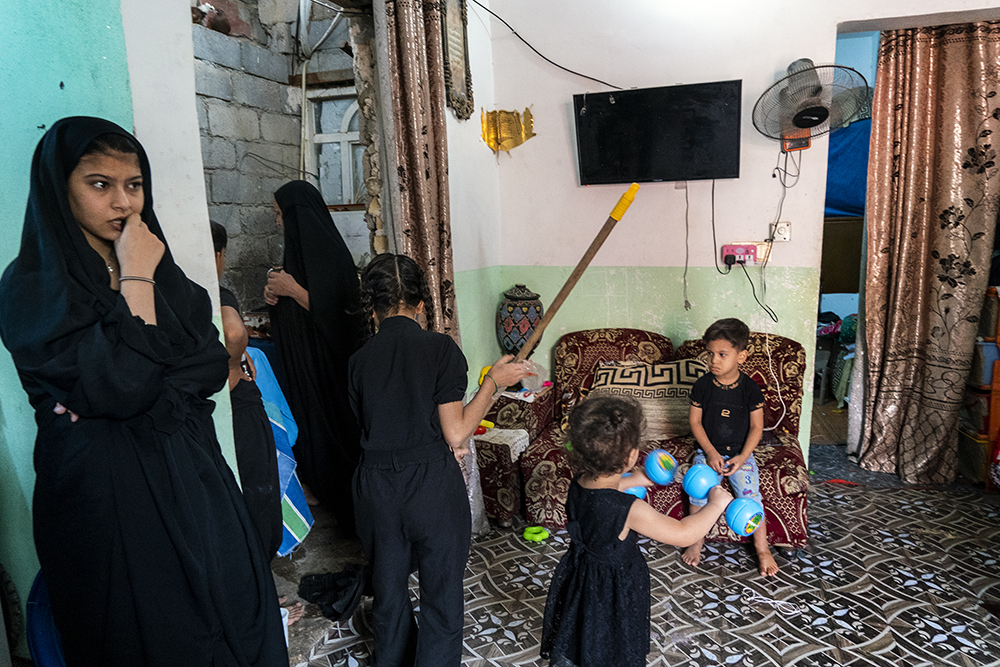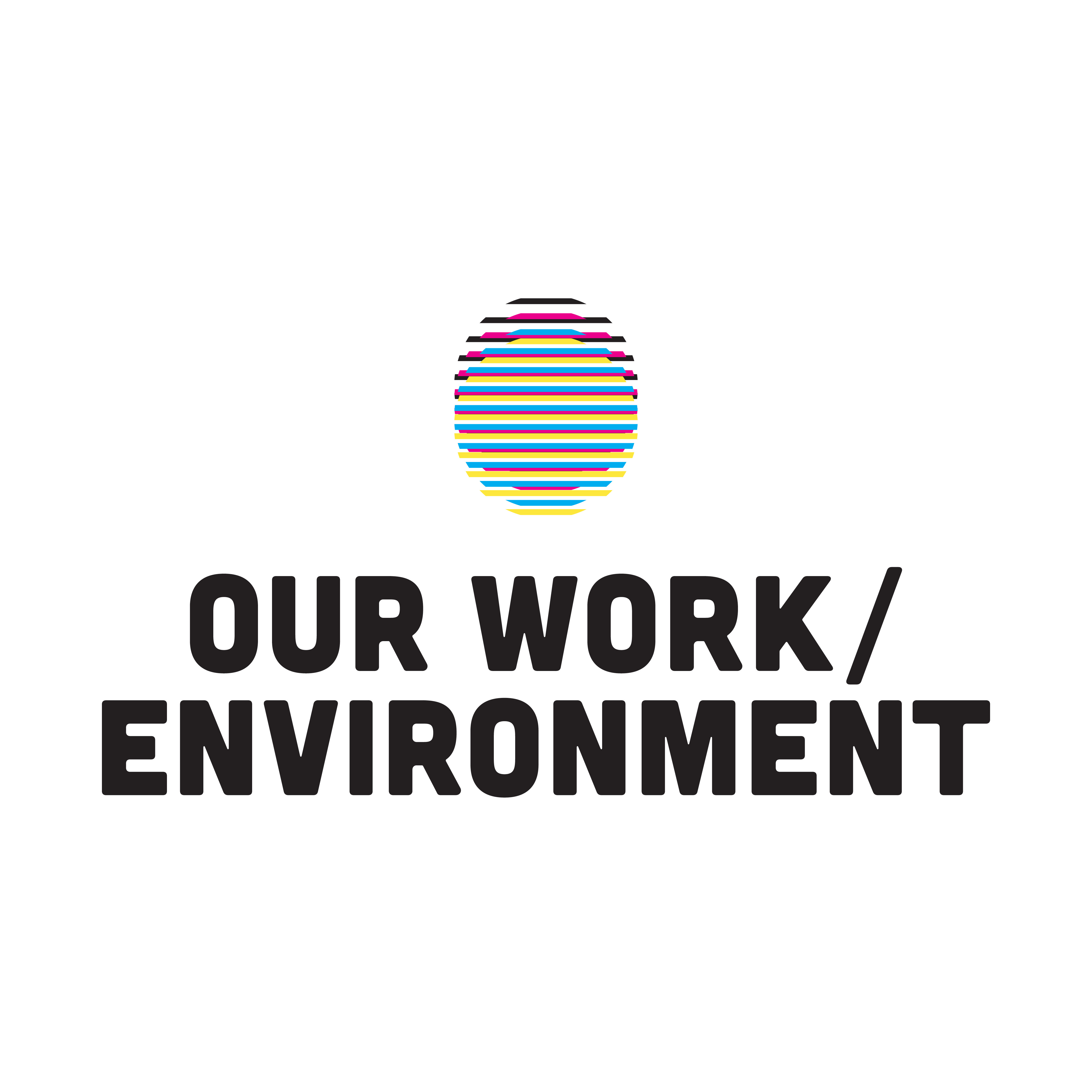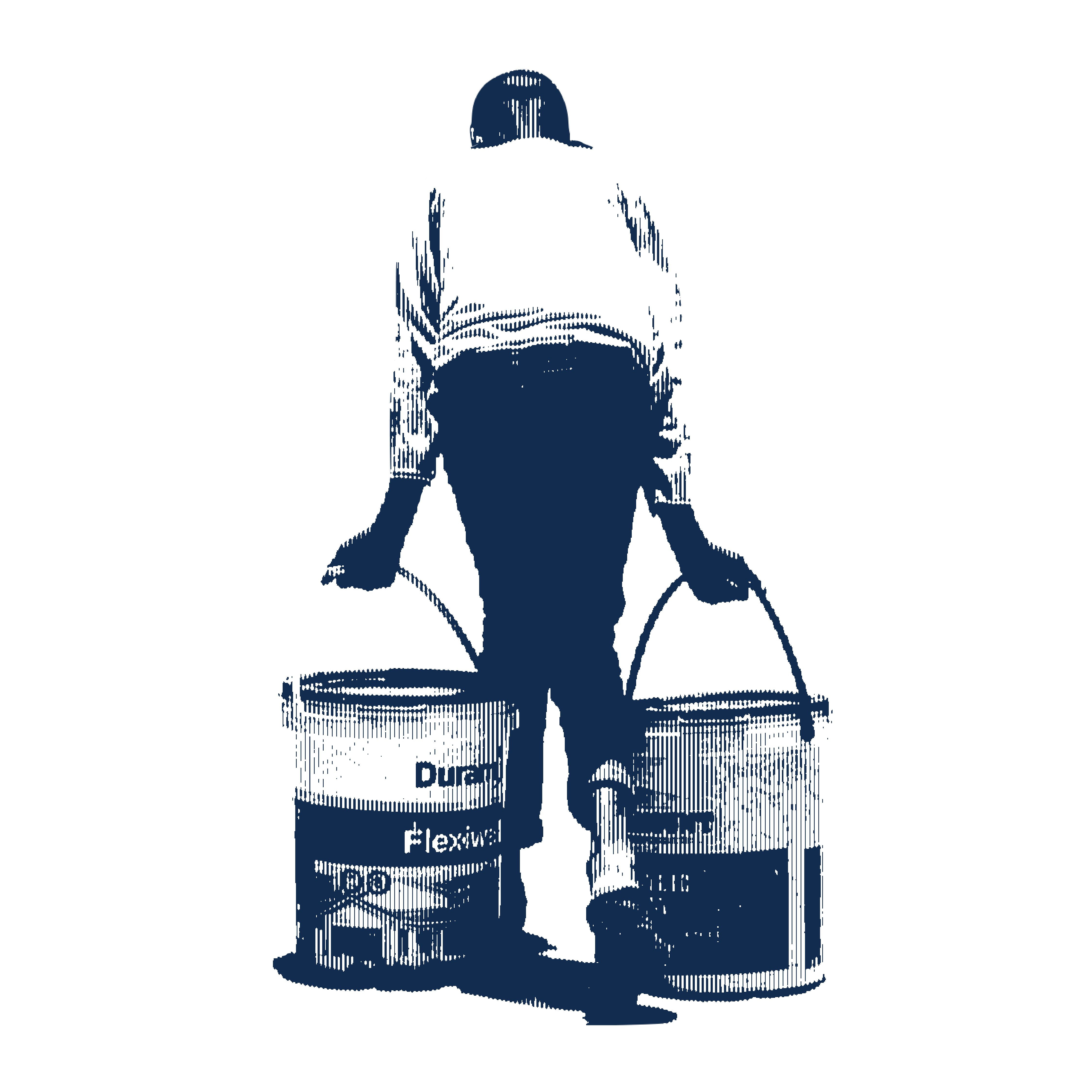In Iraq’s south, Nabil Aboud, 44, has had to call it quits on the family farm. Rising temperatures and drought had turned the environment into an adversary, but it was the deadly snakes coming into the house in an ever more desperate search for water that finally forced his hand. After snakebite claimed two local lives, there was no longer a point to him struggling to survive on what little remained of his shriveled crops and stunted date palms.
Ghalib Ammon, 50, survived the Iran/Iraq war; he survived Saddam’s draining of the swamp; he survived being shot by Daesh as he fought with Hashd Al Sha’abi militia. But he doesn’t see how he can survive climate change. There’s no water.
Climate change is changing lives and precipitating a dramatic upheaval in work. Nowhere is this more evident than in Iraq, where drought and desertification has already cost the country 49% of its agricultural output. And nowhere is the impact felt more keenly than amongst the one time proudly independent farmers, forced in legions to abandon farms which have been in their families for generations for the fringes of cities, where they find low-wage jobs which barely put food on the table.
It is a huge rupture but one which will only increasingly come to define a climate changed workforce. In this project, Susan Schulman will explore the actuality of the new lives and work of the climate displaced in intimate and powerful detail.













